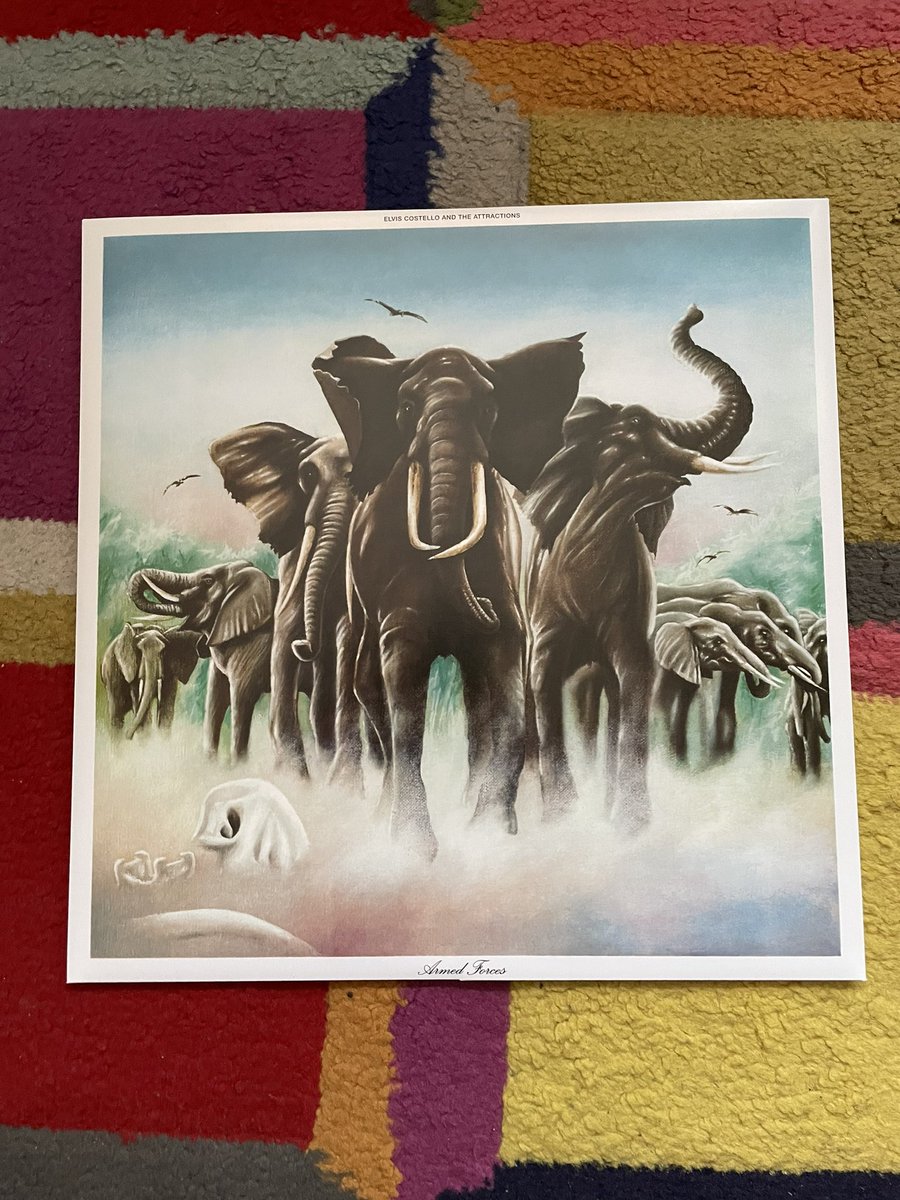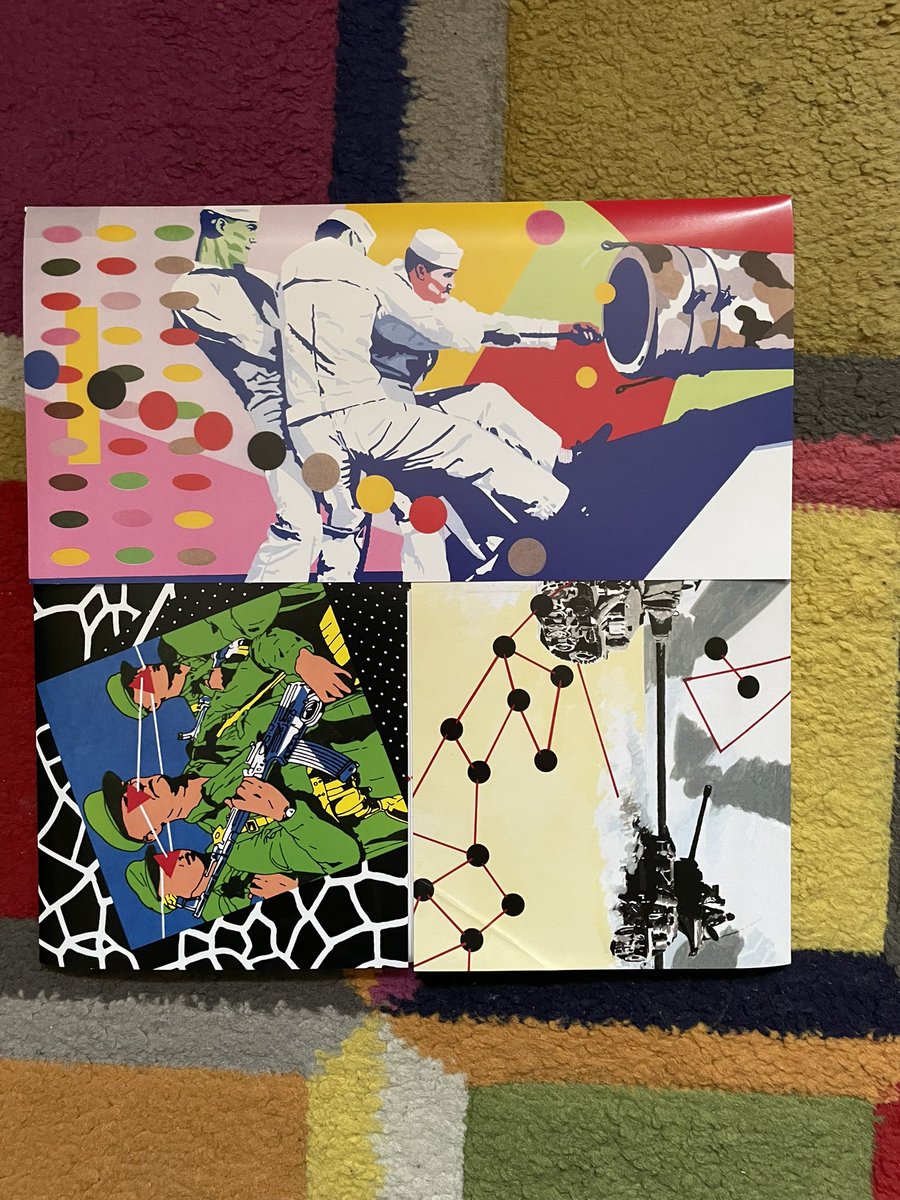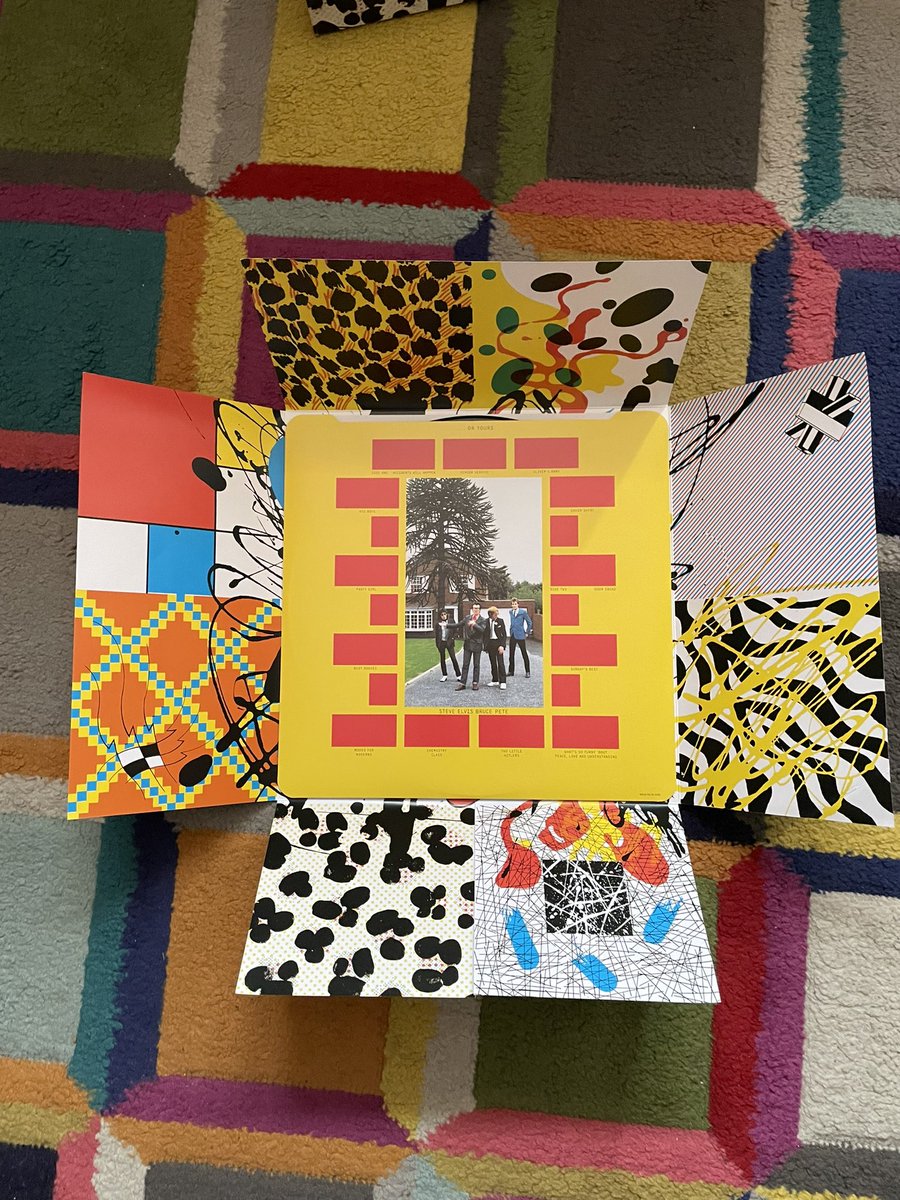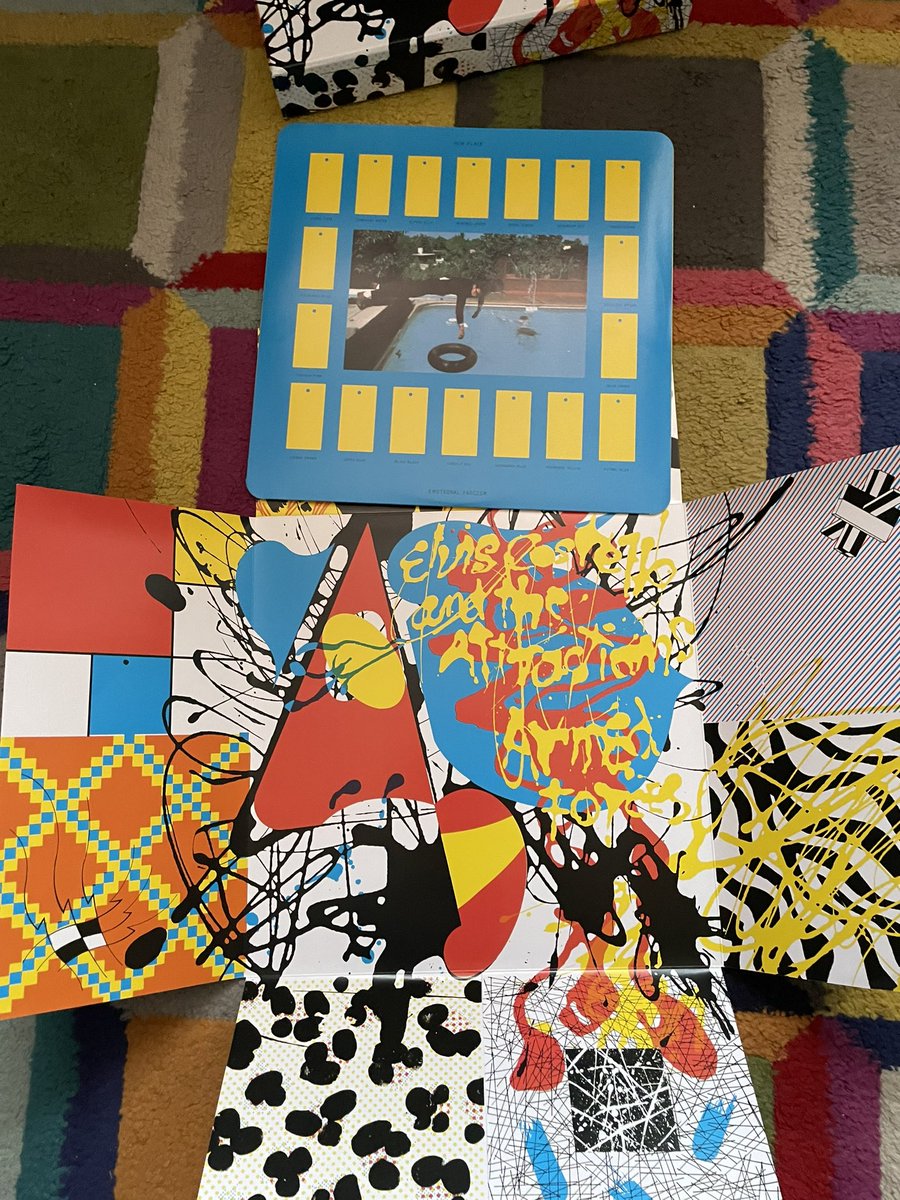
Always thinking about music, always got a song stuck in my head. I post stuff so I can talk about it with fellow geeks. Use Twitter for music and films.
4 subscribers
How to get URL link on X (Twitter) App



 Jeremy Allen White shines in the title role, capturing more than Springsteen’s mannerisms and voice, and moving into that eerie place where actors inhabit another person’s being. His vocals are scarily good, less imitation and more a channelling of Springsteen’s soul. He is the movie, for just as Nebraska is the sound of one man’s despair, Deliver Me From Nowhere rests firmly on his shoulders. The lean supporting cast does impress though, with Stephen Graham delivering a brilliant performance as Bruce’s father, lending the story its familial weight. Musical sequences, both the live performances and Nebraska’s stark recordings, are well-handled, evoking the raw power of Springsteen’s music. All of this makes for an enjoyable film, or at least as much as one focused on Nebraska can be. Not that it’s without flaws, some of its own making, others written into the Nebraska myth long before now.
Jeremy Allen White shines in the title role, capturing more than Springsteen’s mannerisms and voice, and moving into that eerie place where actors inhabit another person’s being. His vocals are scarily good, less imitation and more a channelling of Springsteen’s soul. He is the movie, for just as Nebraska is the sound of one man’s despair, Deliver Me From Nowhere rests firmly on his shoulders. The lean supporting cast does impress though, with Stephen Graham delivering a brilliant performance as Bruce’s father, lending the story its familial weight. Musical sequences, both the live performances and Nebraska’s stark recordings, are well-handled, evoking the raw power of Springsteen’s music. All of this makes for an enjoyable film, or at least as much as one focused on Nebraska can be. Not that it’s without flaws, some of its own making, others written into the Nebraska myth long before now.
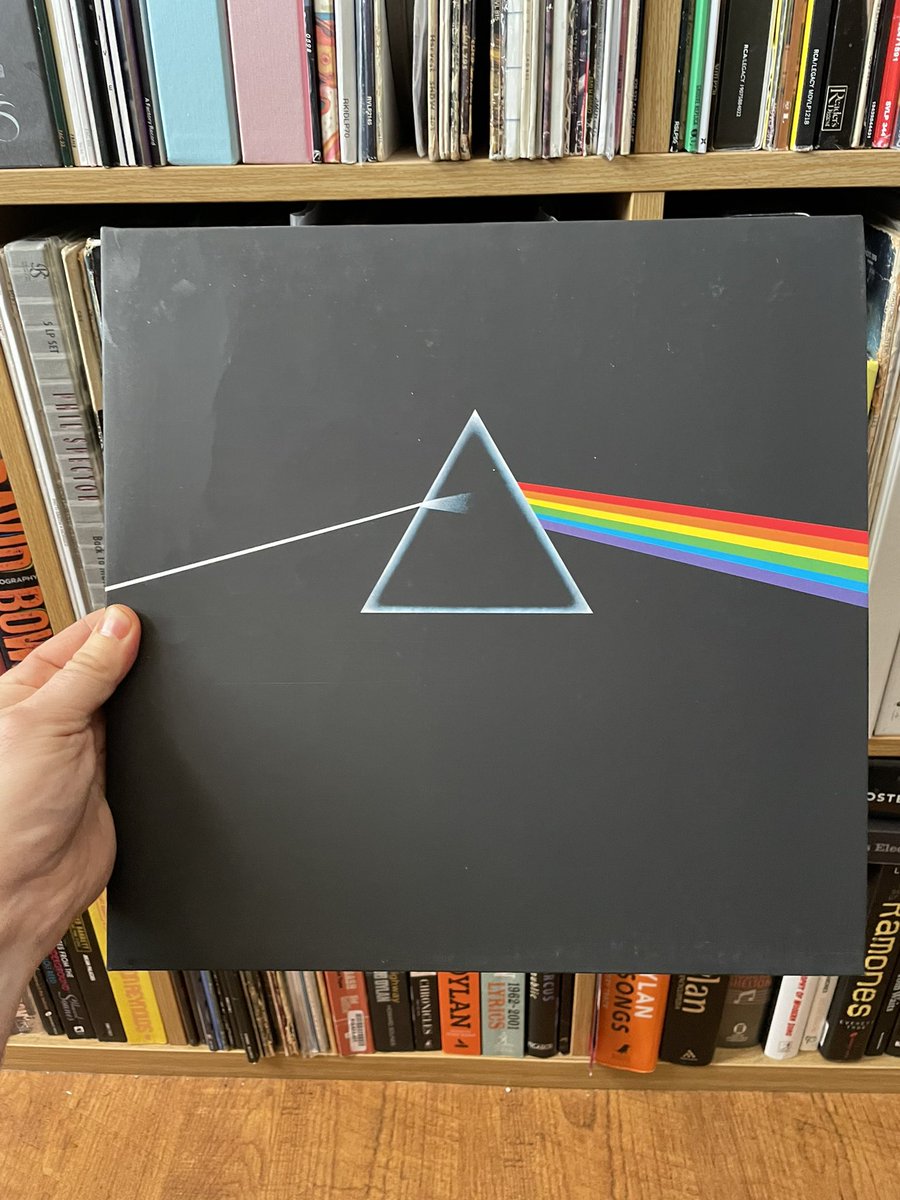
 Money is much more of a statement song than what we have heard so far. Less about projecting ourselves into the music and more Waters letting us in on his feelings. It must be important to him personally, as the young character of Pink in the film 'The Wall' writes the words in his schoolbook. It starts with another piece of 'music' that once again shows how inventive they could be. The sound of a cash register, coins clicking together, paper being ripped, are repeated over and over till they settle into a rhythm and a song is formed from this collage of sounds. Waters hypnotic bass line joins in, then the rest of the band appear, settling into an odd time signature and funky groove. What Pink Floyd do here is very clever. They choose this song, the one about money, to be the biggest earworm on the album. It’s catchy, it’s rhythmic, it’s, dare I say it, commercial. There’s an interesting juxtaposition going on, a scathing cutdown of capitalism married to an infectious rhythm and a wonderful vocal from Dave Gilmour, sang with just a touch of ambiguity. Is this a flat out criticism of capitalism, or is there a hint of enjoyment at all these fancy things he can buy with all his money? Because if Dark Side Of The Moon allows us to project ourselves into it, then there are plenty of people listening to this album who love the pursuit of money, something Pink Floyd themselves aren’t above, as, in a final twist, there’s something meta going on here. No singles were released from Dark Side Of The Moon in the UK. But, Money was released in the US, at the insistence of the label, but Pink Floyd still went along with it, as this grand concept album of interconnected songs was butchered, all to make a bit more money.
Money is much more of a statement song than what we have heard so far. Less about projecting ourselves into the music and more Waters letting us in on his feelings. It must be important to him personally, as the young character of Pink in the film 'The Wall' writes the words in his schoolbook. It starts with another piece of 'music' that once again shows how inventive they could be. The sound of a cash register, coins clicking together, paper being ripped, are repeated over and over till they settle into a rhythm and a song is formed from this collage of sounds. Waters hypnotic bass line joins in, then the rest of the band appear, settling into an odd time signature and funky groove. What Pink Floyd do here is very clever. They choose this song, the one about money, to be the biggest earworm on the album. It’s catchy, it’s rhythmic, it’s, dare I say it, commercial. There’s an interesting juxtaposition going on, a scathing cutdown of capitalism married to an infectious rhythm and a wonderful vocal from Dave Gilmour, sang with just a touch of ambiguity. Is this a flat out criticism of capitalism, or is there a hint of enjoyment at all these fancy things he can buy with all his money? Because if Dark Side Of The Moon allows us to project ourselves into it, then there are plenty of people listening to this album who love the pursuit of money, something Pink Floyd themselves aren’t above, as, in a final twist, there’s something meta going on here. No singles were released from Dark Side Of The Moon in the UK. But, Money was released in the US, at the insistence of the label, but Pink Floyd still went along with it, as this grand concept album of interconnected songs was butchered, all to make a bit more money. 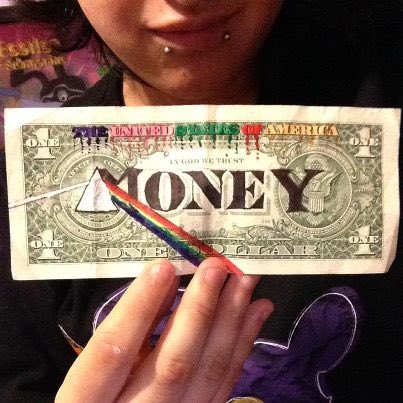
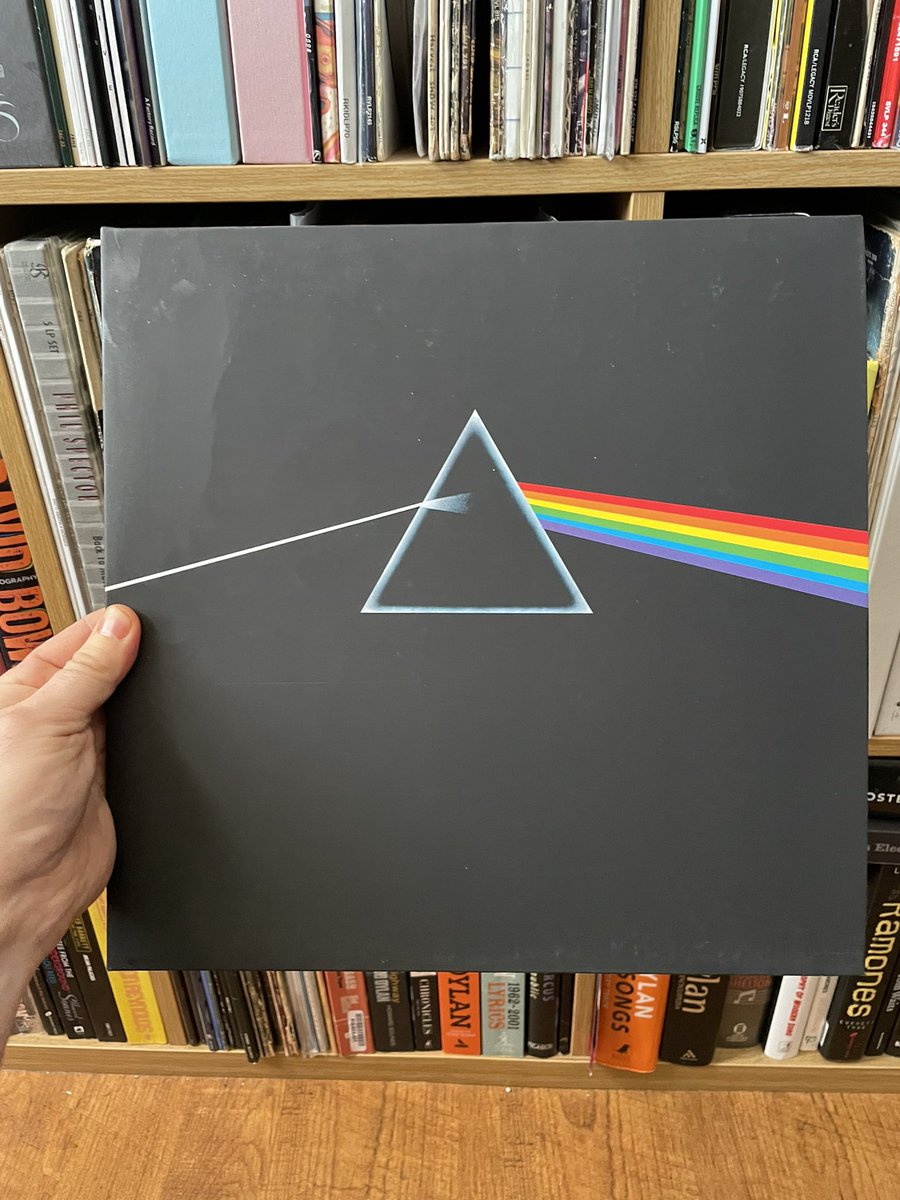
 Released in 1973, Dark Side Of The Moon was the first in a run of big selling albums for Pink Floyd. But it was far from their first album recorded, being their eighth studio album in six years. Their debut, 1967’s ‘Piper At The Gates Of Dawn’ featured enigmatic frontman Syd Barrett on vocals, guitar and songwriting duties. This early Floyd was built in his image as he took them into a world of dark psychedelica and childlike songs featuring trippy lyrics and unique guitar playing. But Barrett’s time in the band would be short lived as he suffered a mental breakdown that forced the others to move on without him. Besides a founding member leaving the band, Barrett’s departure causing three seismic changes within Pink Floyd. Although he had been playing with them while Syd was still a member, David Gilmour will now take the reins as full time lead guitarist. Rightly hailed as one of the greatest guitar players of all time, his is an instantly recognisable style, the sound of feelings being directly channeled into his instrument. Secondly, Roger Waters will now step up to primary songwriter. Waters will become the driving force in the band’s music from now until ‘The Final Cut’ in 1983. The third major repercussion of Barrett’s mental breakdown is how it affects his fellow bandmates, specifically Roger Waters. Syd’s loss of sanity will be a recurring story in Waters lyrics, featuring majorly in albums like Dark Side Of The Moon, Wish You Were Here and The Wall. In fact, it will be the loss of both his father and Barrett, one in World War II, the other to madness, that will be the twin sources of inspiration for a large portion of his career. But, while Dark Side Of The Moon is inspired by events both personal to Waters and relatable to all people, its genesis can be traced back to a song on an earlier Pink Floyd album.
Released in 1973, Dark Side Of The Moon was the first in a run of big selling albums for Pink Floyd. But it was far from their first album recorded, being their eighth studio album in six years. Their debut, 1967’s ‘Piper At The Gates Of Dawn’ featured enigmatic frontman Syd Barrett on vocals, guitar and songwriting duties. This early Floyd was built in his image as he took them into a world of dark psychedelica and childlike songs featuring trippy lyrics and unique guitar playing. But Barrett’s time in the band would be short lived as he suffered a mental breakdown that forced the others to move on without him. Besides a founding member leaving the band, Barrett’s departure causing three seismic changes within Pink Floyd. Although he had been playing with them while Syd was still a member, David Gilmour will now take the reins as full time lead guitarist. Rightly hailed as one of the greatest guitar players of all time, his is an instantly recognisable style, the sound of feelings being directly channeled into his instrument. Secondly, Roger Waters will now step up to primary songwriter. Waters will become the driving force in the band’s music from now until ‘The Final Cut’ in 1983. The third major repercussion of Barrett’s mental breakdown is how it affects his fellow bandmates, specifically Roger Waters. Syd’s loss of sanity will be a recurring story in Waters lyrics, featuring majorly in albums like Dark Side Of The Moon, Wish You Were Here and The Wall. In fact, it will be the loss of both his father and Barrett, one in World War II, the other to madness, that will be the twin sources of inspiration for a large portion of his career. But, while Dark Side Of The Moon is inspired by events both personal to Waters and relatable to all people, its genesis can be traced back to a song on an earlier Pink Floyd album.
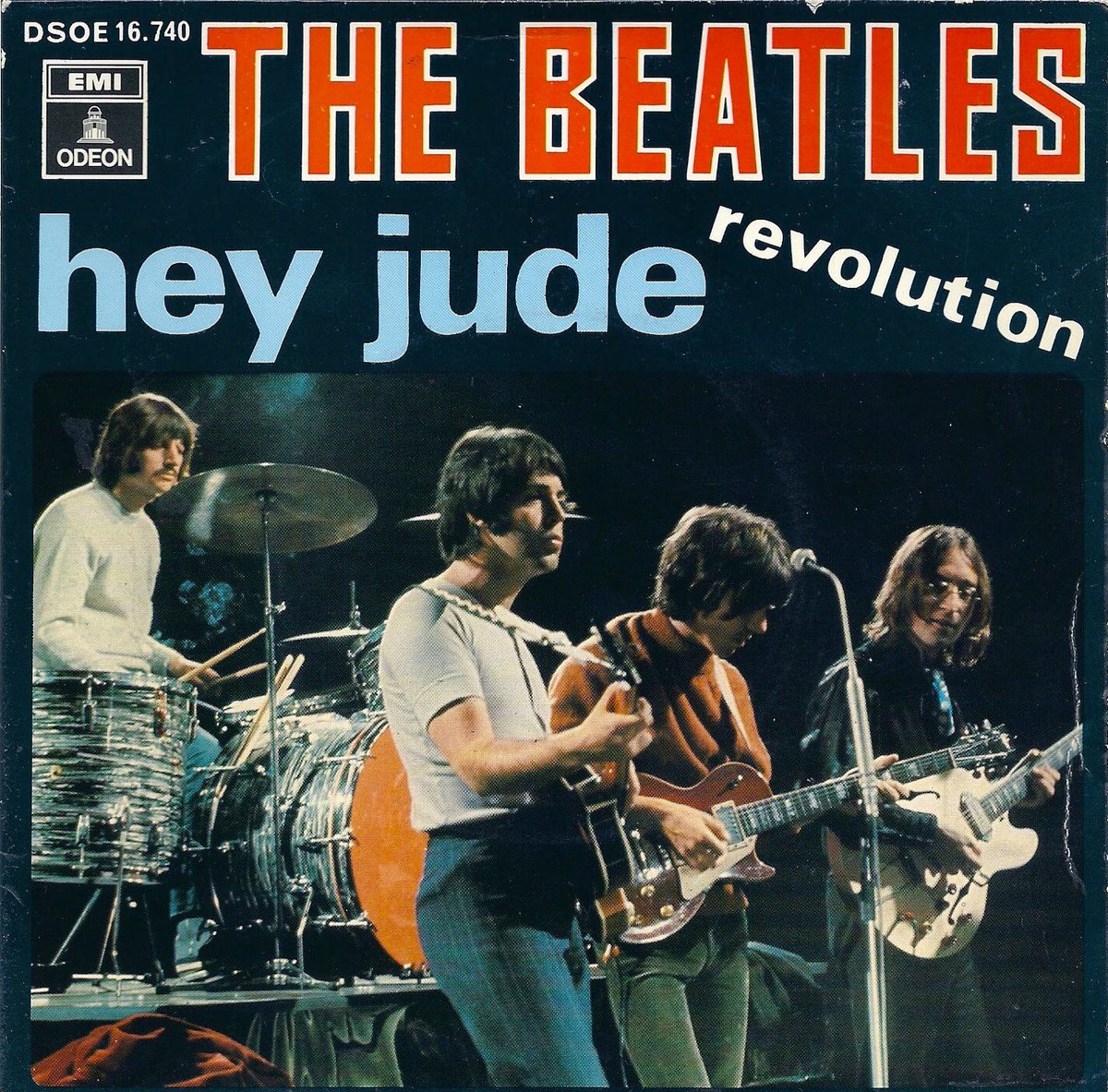
 It’s a hot August night in 1968, and the culture’s young and beautiful are gathered in The Vesuvio Club in London to belatedly celebrate Mick Jagger’s 25th birthday party. The place is awash with musicians, artists, and, of course, models. Champagne is being poured, mescaline spiked punch is flowing, hash cakes are being wolfed down. The hippy dream is fading into the distance by this point, but the good times are still rolling in here. And to make the night extra special, Mick has brought along a surprise. An advance copy of Beggars Banquet, still four months away from release. This record is played non stop, as London’s hip glitterati dance the night away to a true Stones masterpiece, a record that looks to the past to write their future, leaving behind the psychedelica of the previous album and setting them on a run of the greatest Rock N Roll records ever recorded. Spanish Tony, partner in crime to Keith and all round London face, is manning the decks, and as he’s about to once again drop the needle on the future Stones classic, he looks up, and standing beside him is Paul McCartney, immaculate turned out in his trendy threads, and a look on his face like butter wouldn’t melt in his mouth.
It’s a hot August night in 1968, and the culture’s young and beautiful are gathered in The Vesuvio Club in London to belatedly celebrate Mick Jagger’s 25th birthday party. The place is awash with musicians, artists, and, of course, models. Champagne is being poured, mescaline spiked punch is flowing, hash cakes are being wolfed down. The hippy dream is fading into the distance by this point, but the good times are still rolling in here. And to make the night extra special, Mick has brought along a surprise. An advance copy of Beggars Banquet, still four months away from release. This record is played non stop, as London’s hip glitterati dance the night away to a true Stones masterpiece, a record that looks to the past to write their future, leaving behind the psychedelica of the previous album and setting them on a run of the greatest Rock N Roll records ever recorded. Spanish Tony, partner in crime to Keith and all round London face, is manning the decks, and as he’s about to once again drop the needle on the future Stones classic, he looks up, and standing beside him is Paul McCartney, immaculate turned out in his trendy threads, and a look on his face like butter wouldn’t melt in his mouth.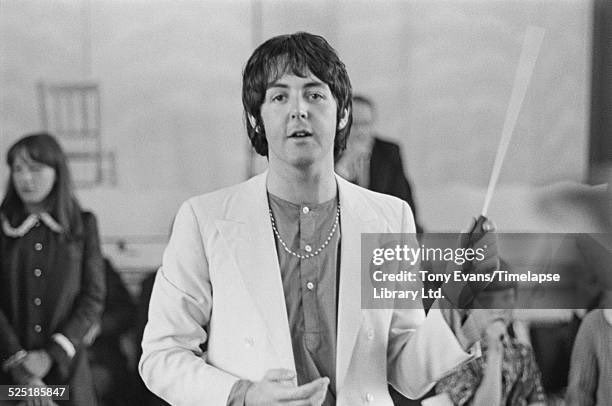
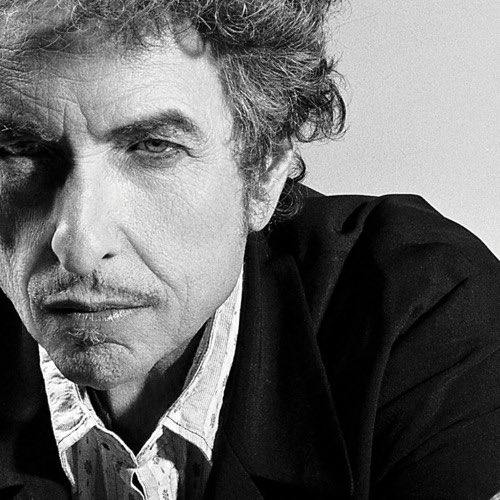

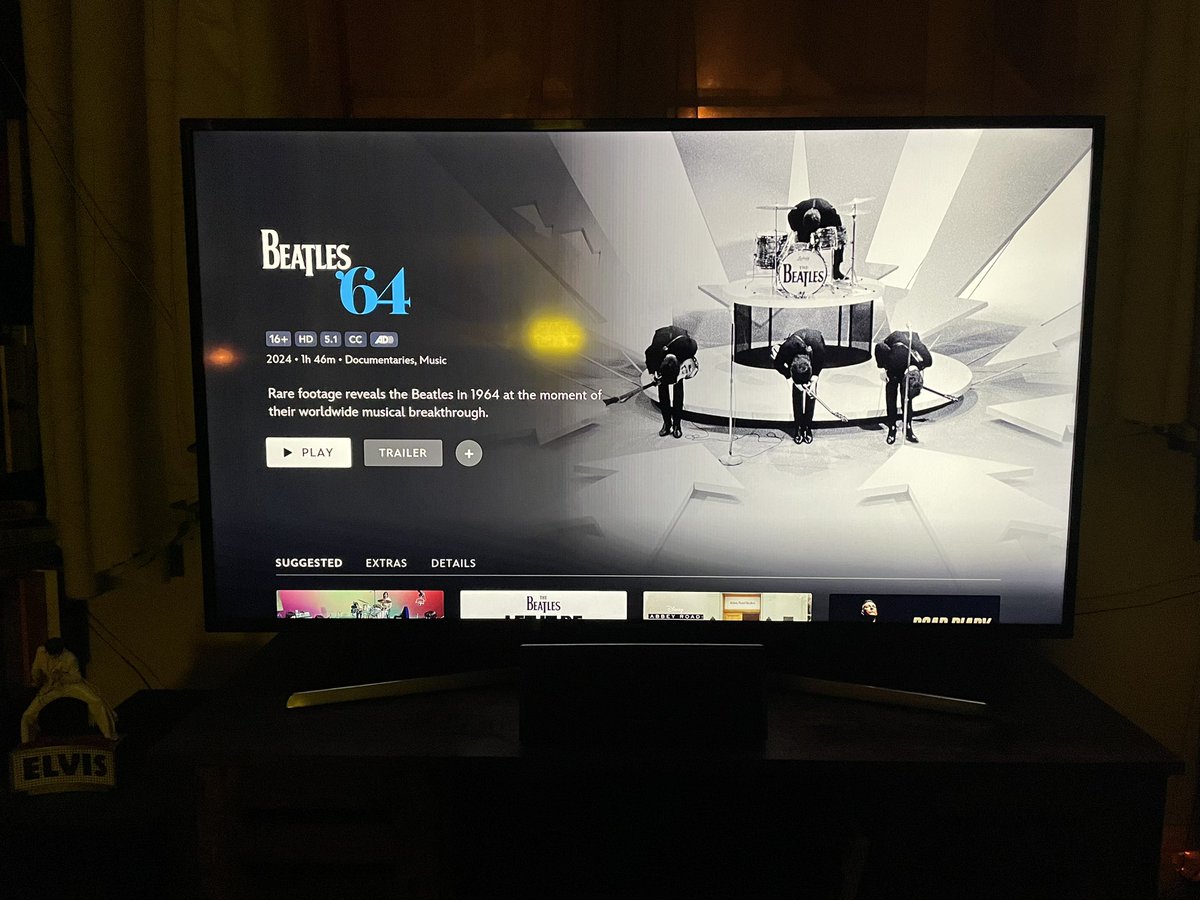
 taken long for things to go downhill. First there was the Get Back documentary which was brilliantly made by Peter Jackson. But, and I mean no disrespect with this, what was great about it came from The Beatles themselves. It was the footage, the existing narrative and of
taken long for things to go downhill. First there was the Get Back documentary which was brilliantly made by Peter Jackson. But, and I mean no disrespect with this, what was great about it came from The Beatles themselves. It was the footage, the existing narrative and of
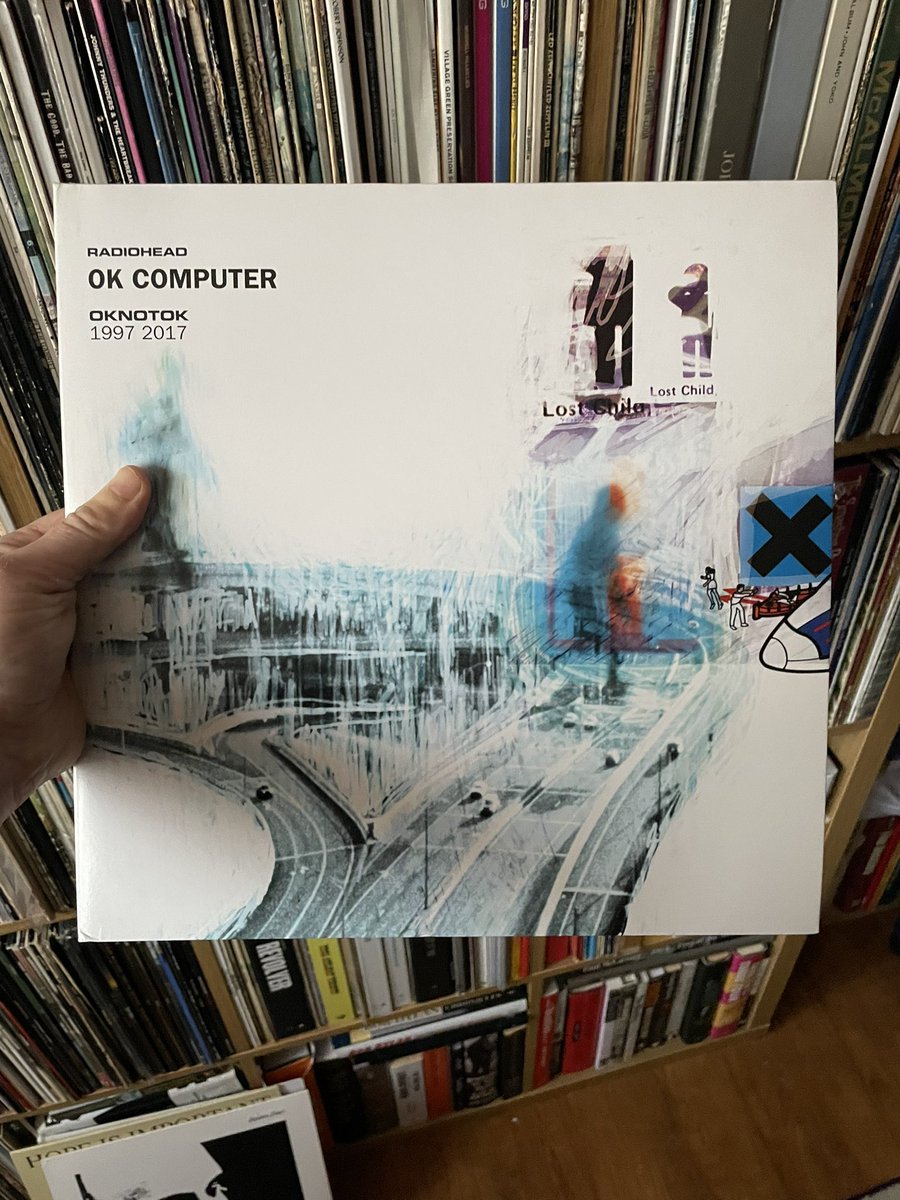
 been building start to infiltrate the album charts. The UK club scene had been steadily growing since moving overground from the illegal raves of the late 80s. And though clubbers were their own tribe there was plenty of crossover with the other sects. When your favourite record
been building start to infiltrate the album charts. The UK club scene had been steadily growing since moving overground from the illegal raves of the late 80s. And though clubbers were their own tribe there was plenty of crossover with the other sects. When your favourite record

 moment Byrne first hears Fela Kuti’s ‘Afrodisiac’ which he falls in love with. This makes a big impression on Eno, as according to him “no one in England was at all interested” in this music. At this point Talking Heads haven’t even released their debut, Eno has just heard them
moment Byrne first hears Fela Kuti’s ‘Afrodisiac’ which he falls in love with. This makes a big impression on Eno, as according to him “no one in England was at all interested” in this music. At this point Talking Heads haven’t even released their debut, Eno has just heard them
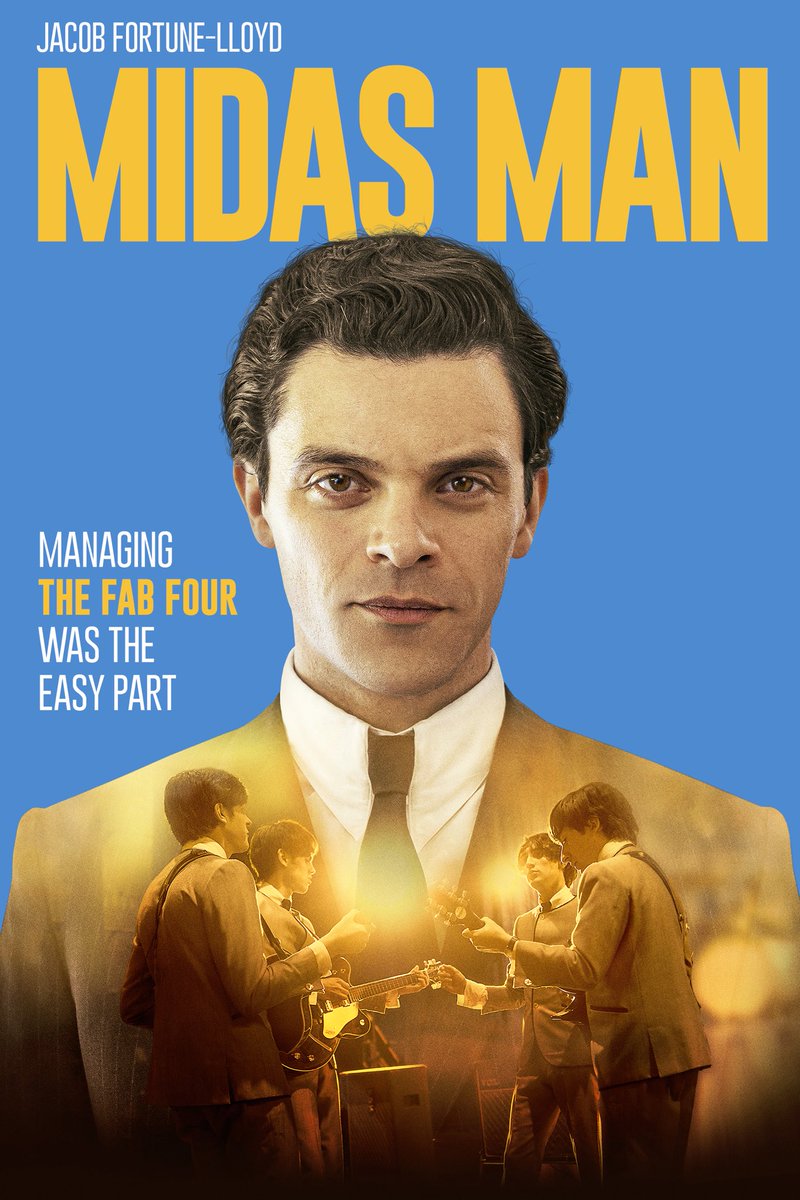
 Instead, it’s a surface deep Brian, neither digging enough into him as a person or into his relationship with the Beatles. I’ll not go into too many spoilers here, and the film is worth seeing if you’re a Beatles fan. But, there’s a lot of either filling in the
Instead, it’s a surface deep Brian, neither digging enough into him as a person or into his relationship with the Beatles. I’ll not go into too many spoilers here, and the film is worth seeing if you’re a Beatles fan. But, there’s a lot of either filling in the
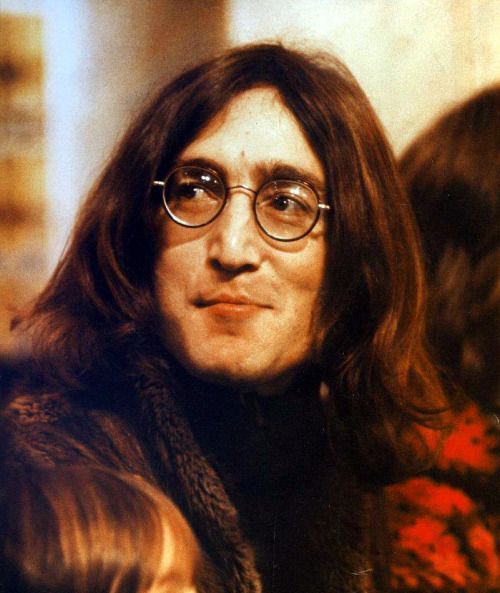
 did hate it, it’s really understandable. John was born in 1940, so though Music Hall music had faded by the time he was older it was still a well known style for many years. The Kinks incorporated it into their music, as did Queen after them, so it wasn’t just a Macca trick
did hate it, it’s really understandable. John was born in 1940, so though Music Hall music had faded by the time he was older it was still a well known style for many years. The Kinks incorporated it into their music, as did Queen after them, so it wasn’t just a Macca trick 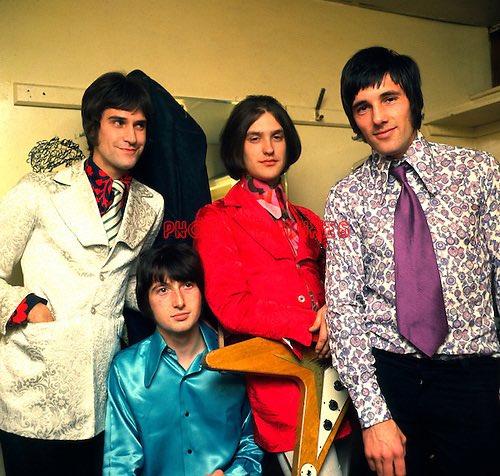
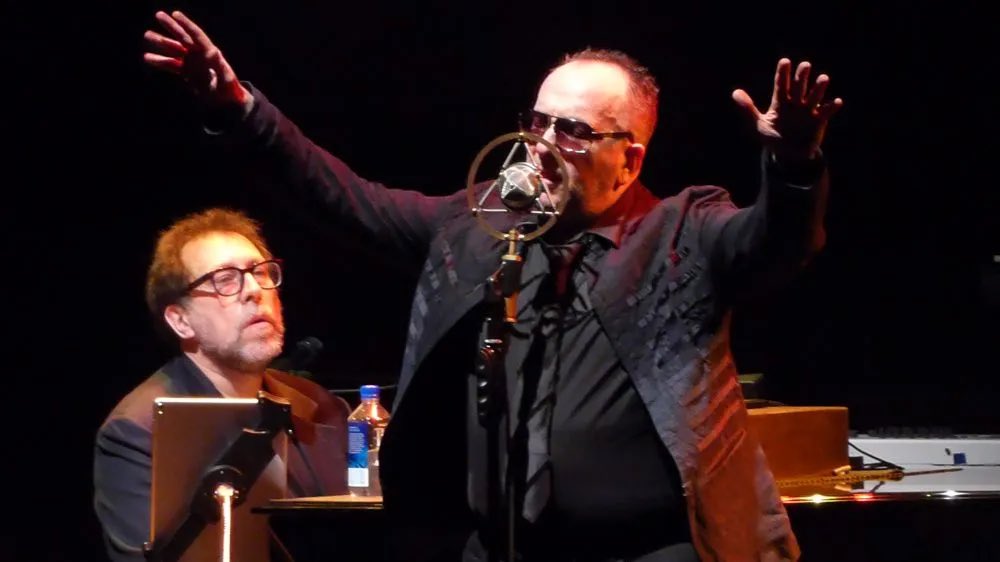
 But, as we jumped in the car and headed for the Royal Concert Hall, which is just round the corner from where last nights gig took place, my Mum and Dad told me “you’ll thank us for this one day” which has certainly proven true. Not only because I got to see a legend, but
But, as we jumped in the car and headed for the Royal Concert Hall, which is just round the corner from where last nights gig took place, my Mum and Dad told me “you’ll thank us for this one day” which has certainly proven true. Not only because I got to see a legend, but
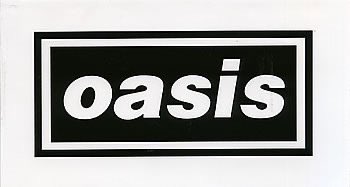
 Beatles, I’ve never spent time wishing for a comeback, so I have no idea what it’s like for your favourite band to get back together. The Stone Roses reunion is the closest thing for me, a band I love but just missed out on the first time. When they got back together me and my
Beatles, I’ve never spent time wishing for a comeback, so I have no idea what it’s like for your favourite band to get back together. The Stone Roses reunion is the closest thing for me, a band I love but just missed out on the first time. When they got back together me and my
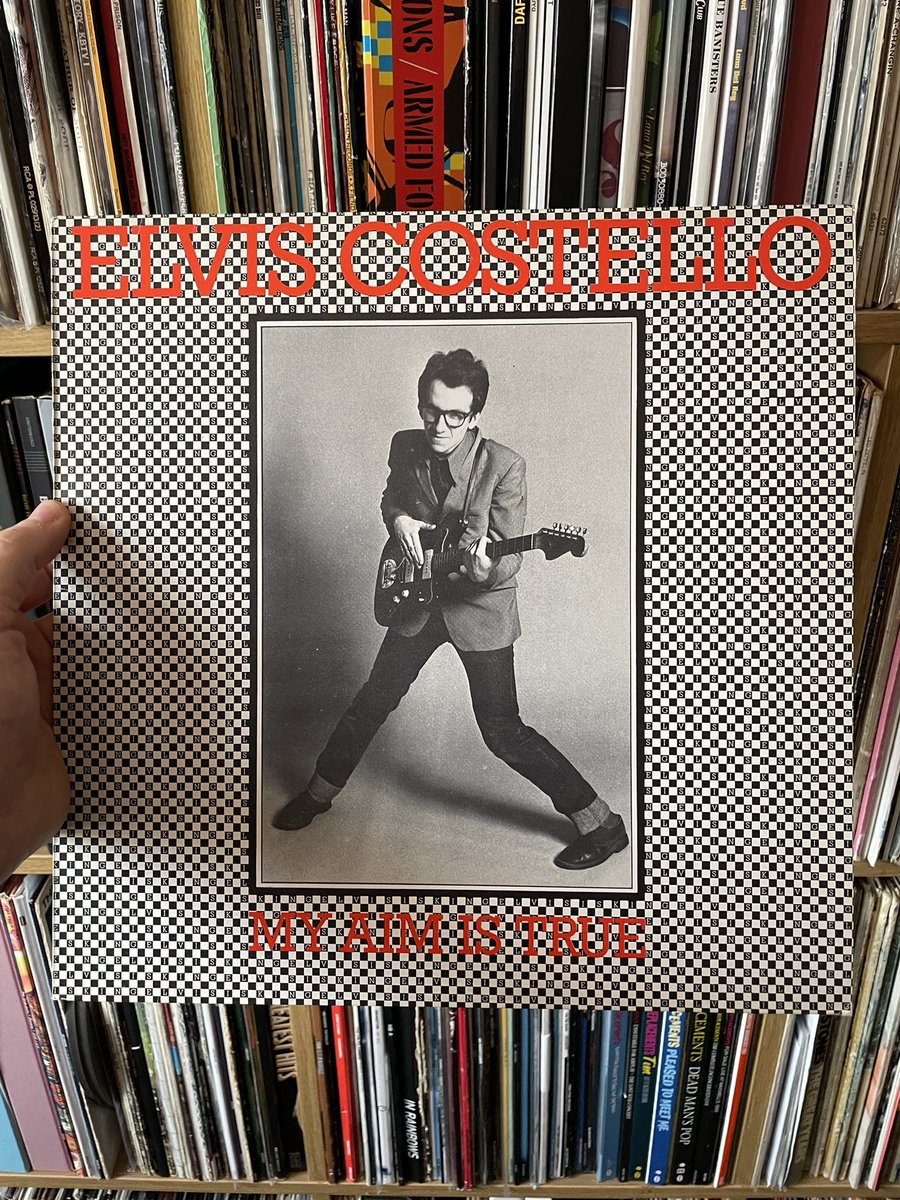
 The hardest question an Elvis Costello fan can be asked is “where should I start if I want to get into Costello’s music?” Because he’s almost impossible to pigeonhole. His albums have taken in Punk, New Wave, R&B, Country, Classical, Pop, Hip-Hop, Jazz. Hell, in 1986 he
The hardest question an Elvis Costello fan can be asked is “where should I start if I want to get into Costello’s music?” Because he’s almost impossible to pigeonhole. His albums have taken in Punk, New Wave, R&B, Country, Classical, Pop, Hip-Hop, Jazz. Hell, in 1986 he
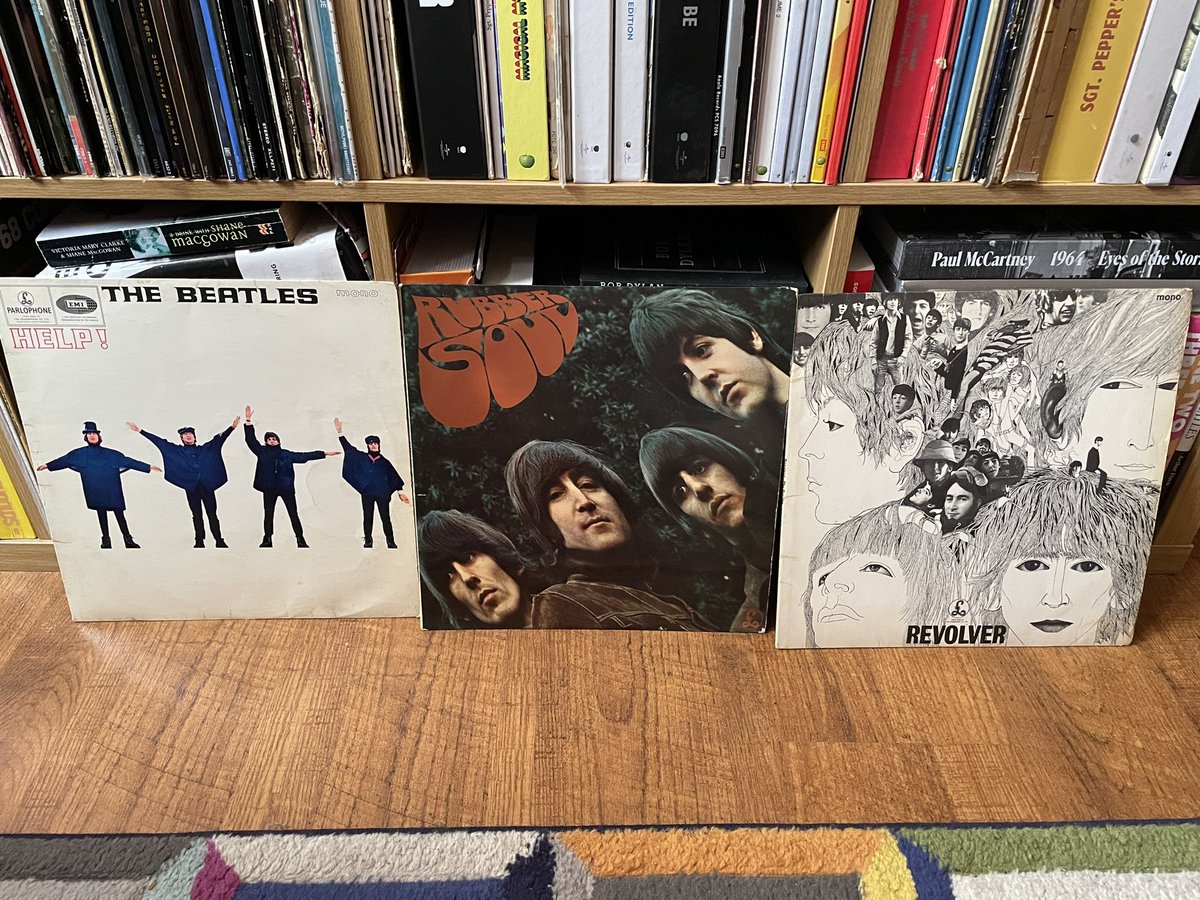
 than all the albums there, even the mighty Revolver, an album that’s critical standing has ascended in perfect synchronicity with Pepper’s descent, like some kind of Fab Four see-saw. There was a time when it seemed to be the law that Pepper was the greatest album of all time,
than all the albums there, even the mighty Revolver, an album that’s critical standing has ascended in perfect synchronicity with Pepper’s descent, like some kind of Fab Four see-saw. There was a time when it seemed to be the law that Pepper was the greatest album of all time,
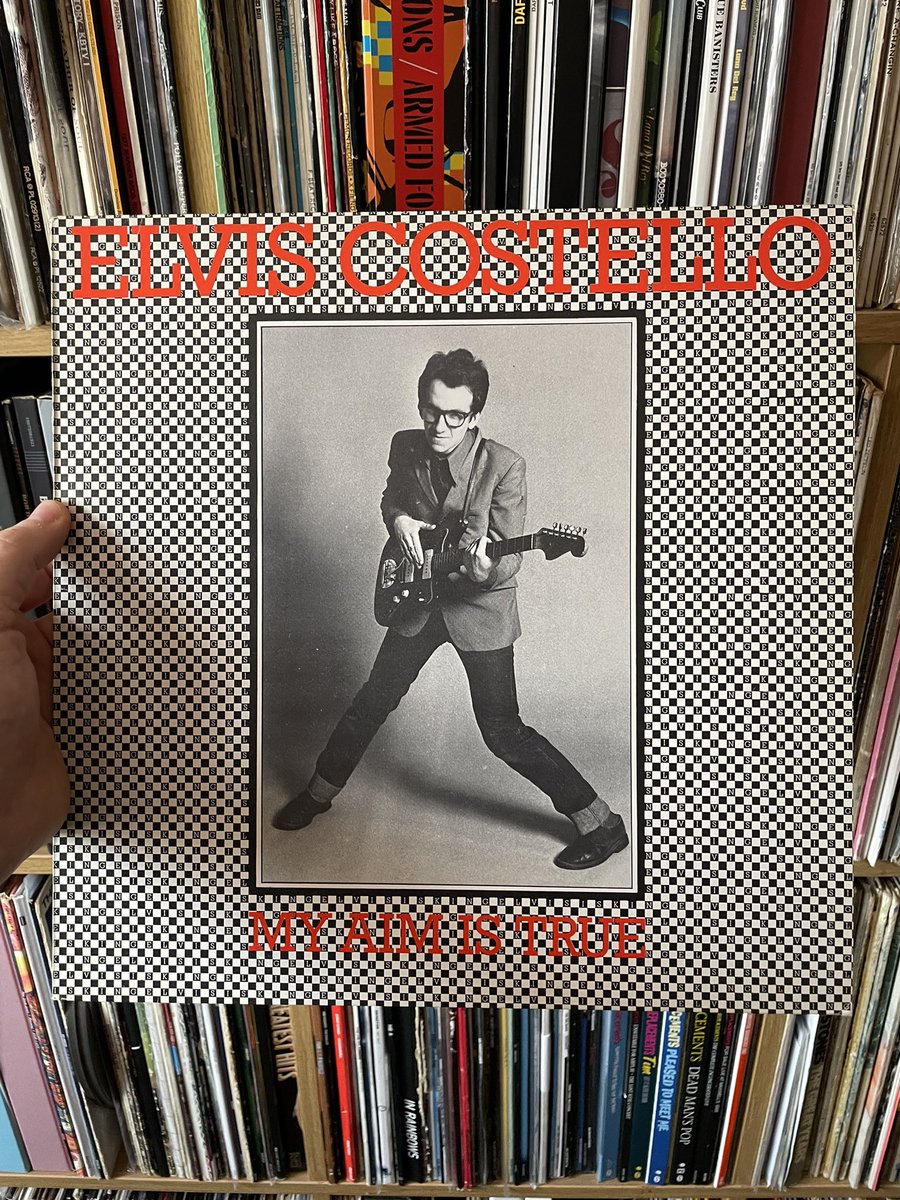
 of defeat, letting the world and its wife know they still had their hooks in you. But, here he was again, a worker bee returning to the hive, or more like a sardine being rammed into a tin. The carriage was mobbed, depression and Monday morning hangovers floating in the air. To
of defeat, letting the world and its wife know they still had their hooks in you. But, here he was again, a worker bee returning to the hive, or more like a sardine being rammed into a tin. The carriage was mobbed, depression and Monday morning hangovers floating in the air. To
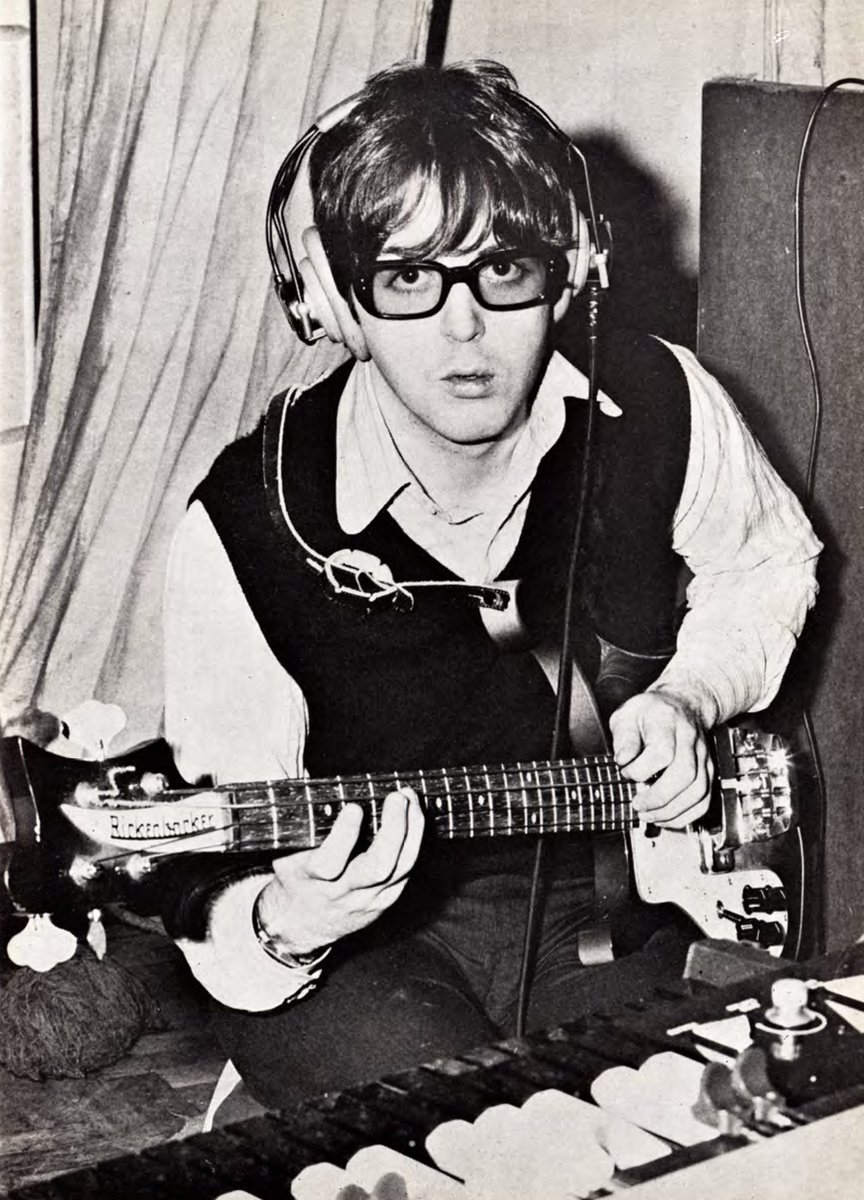
 But it’s a really beautiful melody. He’s like a fantastic movie actor who doesn’t do anything. He doesn’t over-dramatize. The way he sings, so the slightest hint of emotion in the timbre of his voice, I know this is going to sound weird, but I hear it sounding like records
But it’s a really beautiful melody. He’s like a fantastic movie actor who doesn’t do anything. He doesn’t over-dramatize. The way he sings, so the slightest hint of emotion in the timbre of his voice, I know this is going to sound weird, but I hear it sounding like records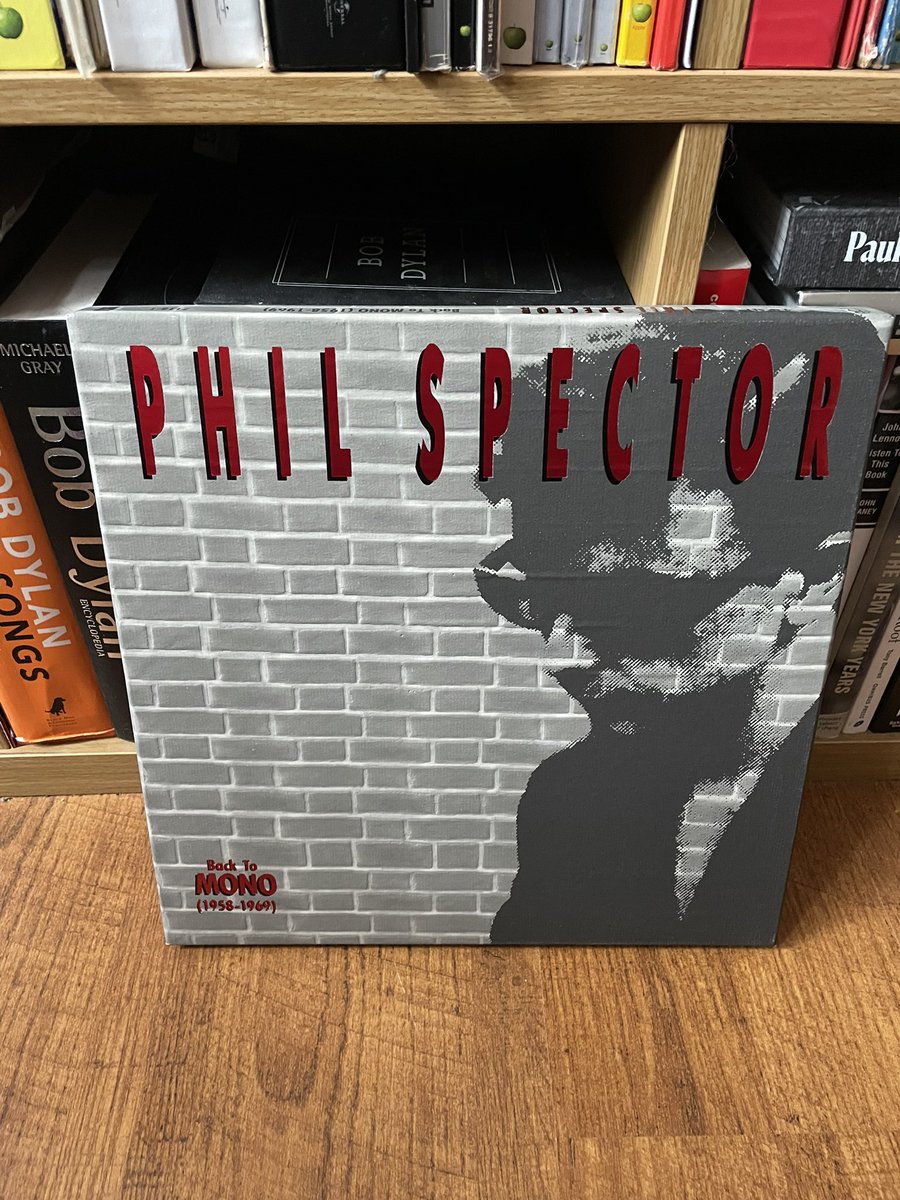
 must have done to a 17 year old. His first single, which he wrote, produced and played on, goes to number one, selling 1.4 million copies. How could that not instil in him an arrogance and self belief?
must have done to a 17 year old. His first single, which he wrote, produced and played on, goes to number one, selling 1.4 million copies. How could that not instil in him an arrogance and self belief? 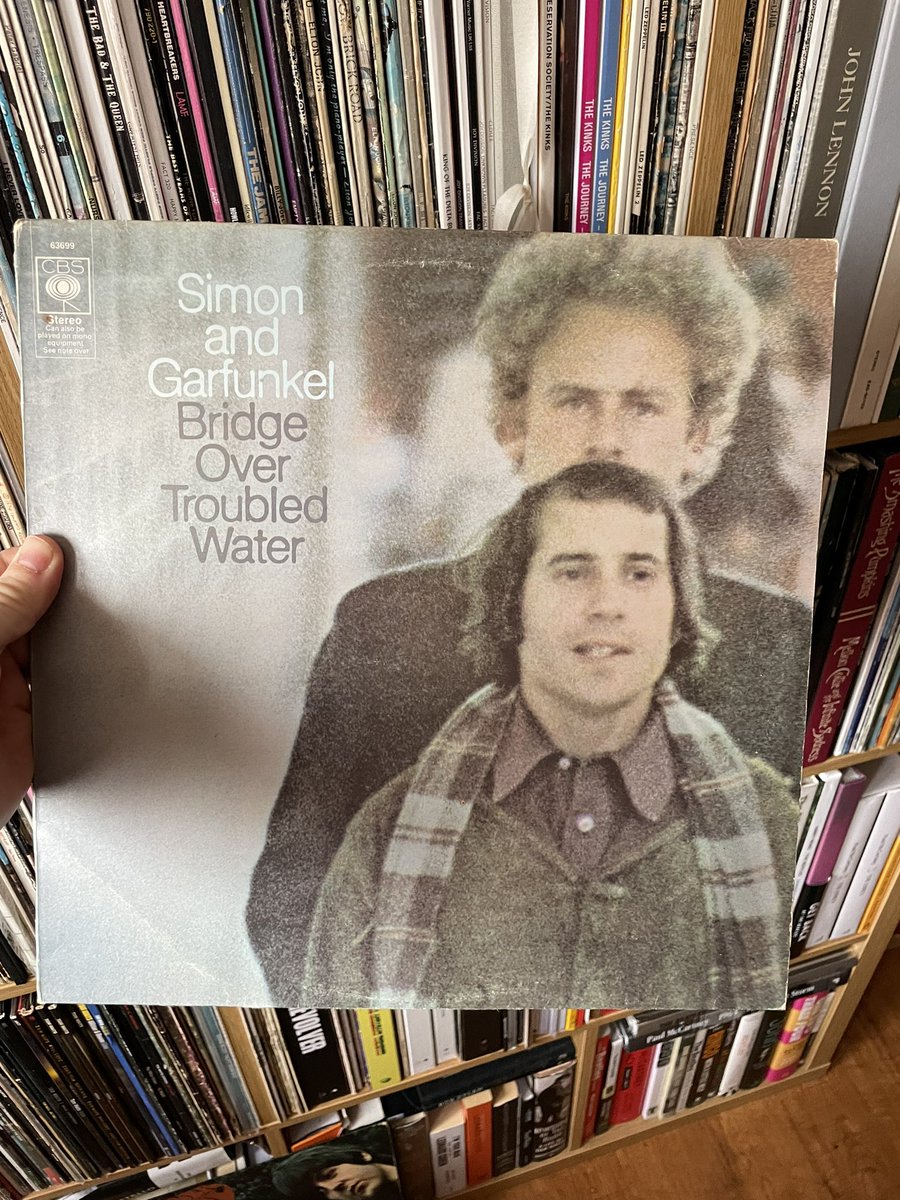
 crossed the road, dodging a taxi that blasted him with its horn, a reflex action for drivers in this city, part of their civic duty to add to the incessant wall of sound. He was heading down to The Village to meet a friend “an old friend” he thought to himself. Even though he was
crossed the road, dodging a taxi that blasted him with its horn, a reflex action for drivers in this city, part of their civic duty to add to the incessant wall of sound. He was heading down to The Village to meet a friend “an old friend” he thought to himself. Even though he was 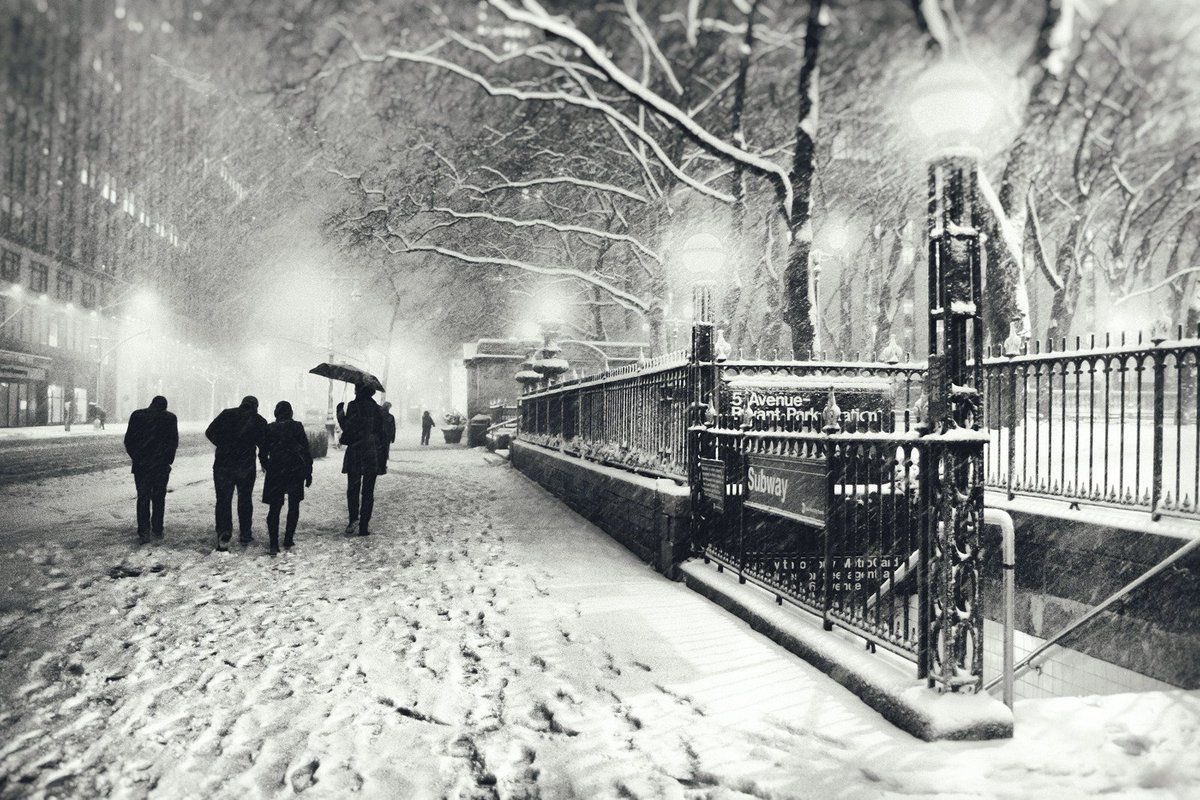
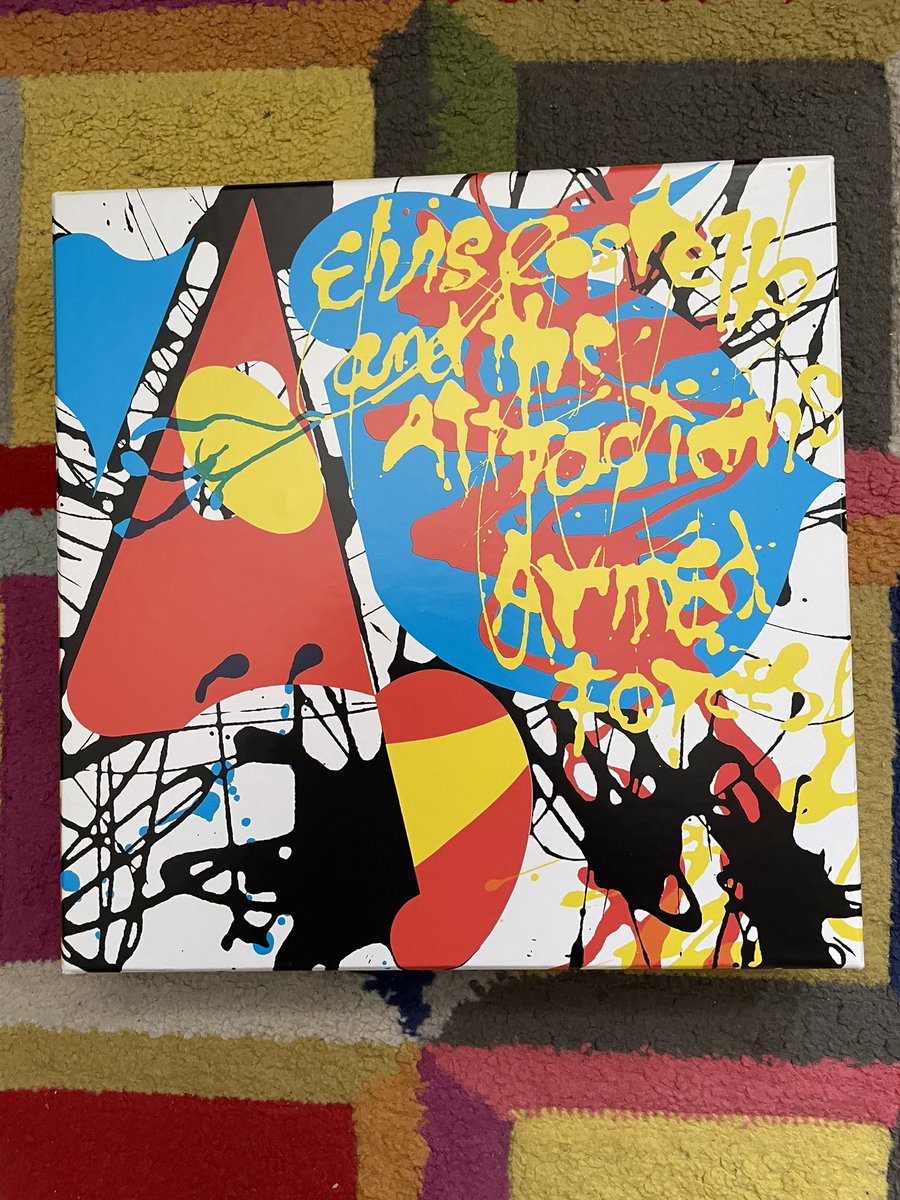
 1. The album- the front of the box itself is the US cover but the vinyl comes with the original UK design. Designed by Barney Bubbles, it’s an intricate piece of wonderful Pop Art.
1. The album- the front of the box itself is the US cover but the vinyl comes with the original UK design. Designed by Barney Bubbles, it’s an intricate piece of wonderful Pop Art. 